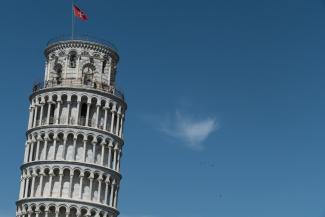
The Fed and Inflation
Inflation has cooled off from the 9.1% consumer price index (CPI) increase in June -- the largest advance in the past four decades. US inflation decelerated in July by more than expected, as the consumer price index only increased 8.5% from a year earlier. This change may take some pressure off the Federal Reserve to continue hiking interest rates.
Despite the slowdown, inflation is still extremely high and the only way to get it down and keep it down is by reducing the money supply. We are seeing positive signs in that regard. The Federal Reserve released the July statistics for M2 last month (M2 is a measure of the money supply that includes cash, bank accounts, and easily-convertible money). We define money supply as M2, and its growth or decline has a significant effect on inflation. Remember that inflation is simply too many dollars chasing too few goods. M2 is where all of the Covid relief and misguided fiscal policy since 2020 has ended up. There is your direct linkage between inflation and Covid. As we have said in the past, inflation is a feature, not a flaw of Covid.
Regardless, the July M2 numbers couldn't have been better. M2 has essentially flat-lined since last January, which was well before the Fed began to take tightening action. Hopefully this is a sign that inflation has already peaked. In our opinion, the recent behavior of M2 obviates the need for the Fed to pursue more interest rate hikes.
There is also a link between stock prices and interest rates. Stock prices are all of the future earnings of a company discounted back to a present value. If interest rates go up, the stock price goes down. There is also an expected effect between, interest rates and earnings. Higher interest rates mean higher financial costs and lower earnings. So, in general, rising interest rates are bad. Our problem is that interest rates have been held artificially low since 2008. Getting back to a normal interest rate environment is in our best interest, even if there may be a little pain in getting there. Could be speculation on our part, but if the Fed raises rates quickly, the market will eventually bring them back to the right policy, right after they exhaust every wrong option.

